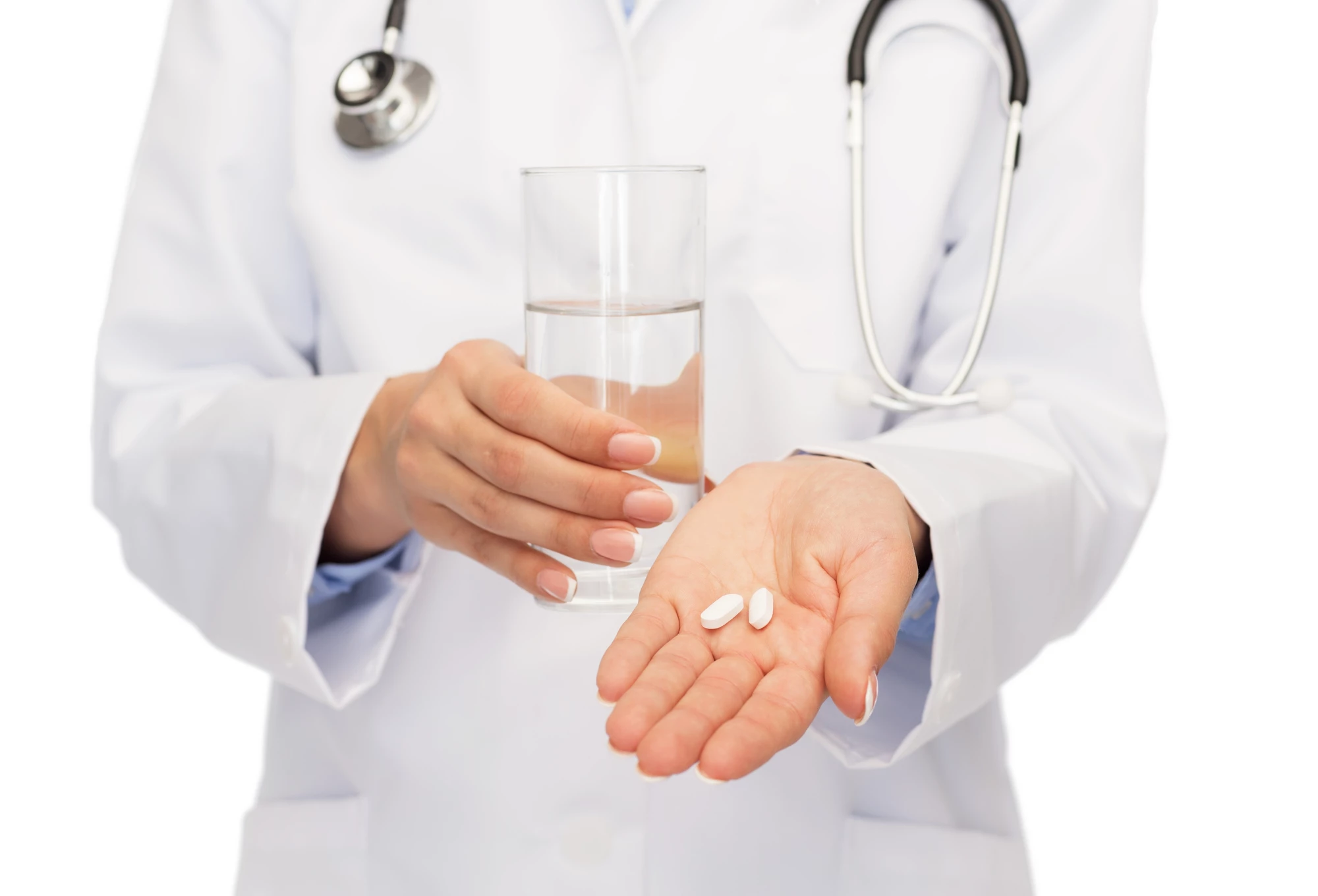A new study is offering more evidence that placebo drugs can still work even when people are aware they are taking inactive pills. The research builds on a growing body of study suggesting “honest” placebos could have a role in modern clinical practice.
Doctors have utilized of the power of the placebo for centuries. In fact, until the mid-20 century, placebos were administered by physicians to patients on a regular basis and medical ethicists at the time described them as a “necessary deception.”
Modern medicine generally strives to eliminate placebo effect measures from studies. Clinical trials for example, are ideally double-blinded, meaning neither the patients nor the doctors are aware which intervention is active and which is a placebo. This is to eliminate any kind of response bias that could muddy the data. But some scientists suggest the power of the placebo should be harnessed and modern medicine could incorporate non-deceptive placebos into clinical practices.
"Just think: What if someone took a side-effect free sugar pill twice a day after going through a short convincing video on the power of placebos and experienced reduced stress as a result?" asks lead author on the new study, Darwin Guevarra.
A doctor prescribing a patient a placebo with the pretense of it being a real and beneficial drug obviously violates the fundamental principles underpinning modern medical ethics. However, a compelling body of research suggests placebos can still be effective in some cases without a pretense of deception.
This new research began by investigating prior non-deceptive placebo studies. Many studies delivered promisingly positive results for conditions such as irritable bowel syndrome, emotional distress and chronic back pain, but they also primarily recorded beneficial measures using self-reported data.
“Out of twenty-six published non-deceptive placebo studies to date, eight included objective behavioral or biological measures,” the researchers write in the study. “Only one of these eight studies showed an effect on behavioral outcomes, and no direct effects on biological outcomes have been documented.”
So the researchers devised an experiment to test whether a non-deceptive placebo generated improvements in an objective neural biomarker relating to emotional distress. The recruited subjects were exposed to a series of either neutral or negative images and a neural biomarker called late positive potential (LPP) was measured.
“Participants in the non-deceptive placebo group read about placebo effects and were then asked to inhale a nasal spray consisting of saline solution,” the researchers write in the study. “They were told that the nasal spray was a placebo that contained no active ingredients, but would help reduce their negative emotional reactions to viewing distressing images if they believed it would. Participants in the control group read about the neural processes underlying the experience of pain and were also asked to inhale the same saline solution spray; however, they were told that the purpose of the nasal spray was to improve the clarity of the physiological readings we were recording in the study.”
The results revealed subjects in the non-deceptive placebo group showed greater decreases in LPP measurements compared to the control group. This offers some of the first evidence to show a non-deceptive placebo can influence an objective neural biomarker of emotional distress.
"These findings provide initial support that non-deceptive placebos are not merely a product of response bias – telling the experimenter what they want to hear – but represent genuine psychobiological effects," says study co-author, Ethan Kross.
Jason Moser, a psychologist from Michigan State University, and co-author on the new study, suggests there could be a place for these kinds of “honest” placebos in modern clinical practice. Of course, more research is needed to home in on the conditions for which this kind of treatment would be most effective. Plus, patients receiving placebos would need to be very clearly informed they are receiving an inactive medication to make sure the practice is ethical.
"Non-deceptive placebos were born so that you could possibly use them in routine practice,” says Moser. “So rather than prescribing a host of medications to help a patient, you could give them a placebo, tell them it can help them and chances are – if they believe it can, then it will."
The new study was published in the journal Nature Communications.
Source: Michigan State University




